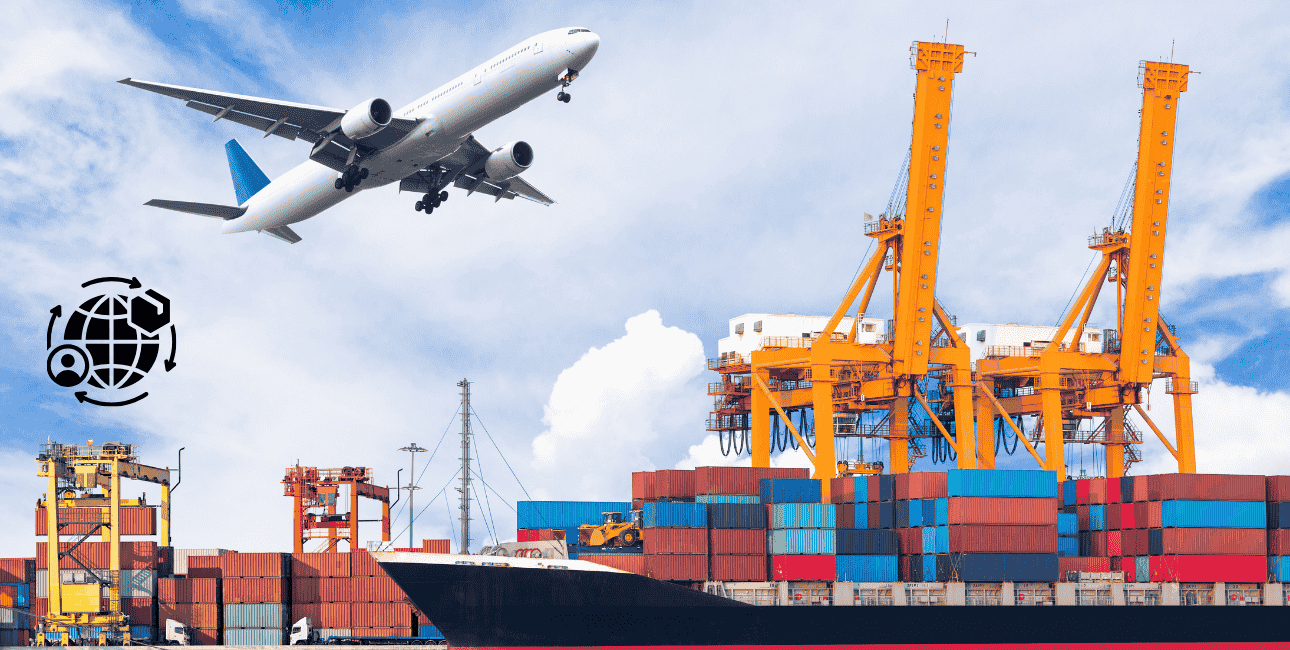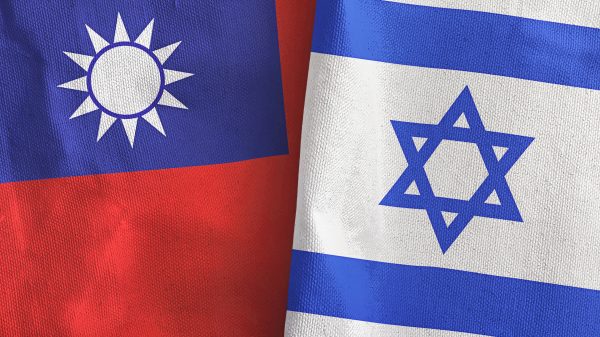



As tensions in the Taiwan Strait escalate, a recent survey conducted by Kyodo News reveals that nearly 50% of major Japanese firms are preparing for a potential Taiwan contingency. This preparation comes in response to the increasing geopolitical risks associated with China's assertiveness in the region. Among the surveyed companies, 53% have already implemented measures such as drafting contingency manuals and stockpiling supplies, while 12% acknowledge the need for preparation but have yet to take action. The survey included 114 companies, featuring notable names like Toyota Motor Corp. and ANA Holdings Inc. [85571f9e].
Japan's relationship with Taiwan is significant, as it stands as Taiwan's third-largest trading partner, with bilateral trade amounting to approximately $75.7 billion in 2023. However, this figure represents a 14.1% decline from the previous year, indicating the economic impact of rising tensions. Notably, 54% of businesses surveyed reported that these tensions have affected their operations, and 22% believe that a Chinese invasion of Taiwan is likely [85571f9e].
In the broader context, the ongoing conflict between Hamas and Israel has also underscored the importance of defense infrastructure for Taiwan, as it navigates its own relationship with China. Taiwan's Representative to Japan, Frank Hsieh, has called for solidarity between Japan and Taiwan to defend freedom and peace in the region, emphasizing that a Chinese invasion would not only threaten democracy but also result in significant global economic losses [f1e80135].
The dynamics of Israel-Taiwan relations are evolving as both nations share core values of democracy and human rights, which are central to their security strategies. Following the recent Hamas attack on October 7, 2023, Taiwan has expressed strong support for Israel, reflecting a growing interest among Taiwan's political elite in Israel's defense strategies [e56c744a].
Furthermore, the Taiwan Strait remains a crucial artery for global commerce, handling approximately $586 billion in trade annually. Disruptions in this region could potentially erase trillions from the global GDP, affecting major economies like Japan and South Korea, which rely heavily on the strait for their imports and exports [5151a94a].